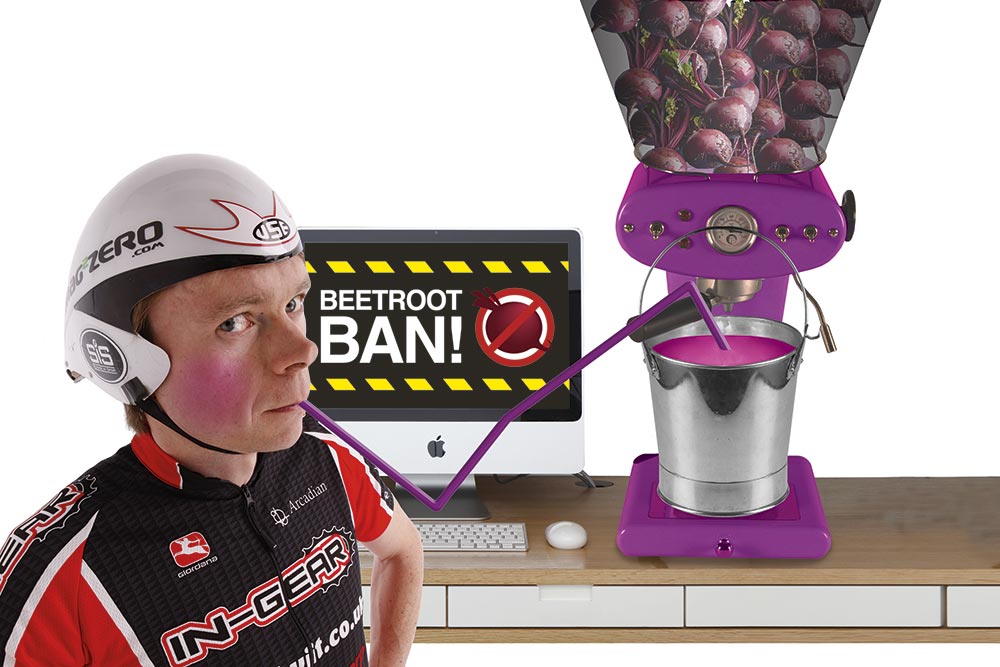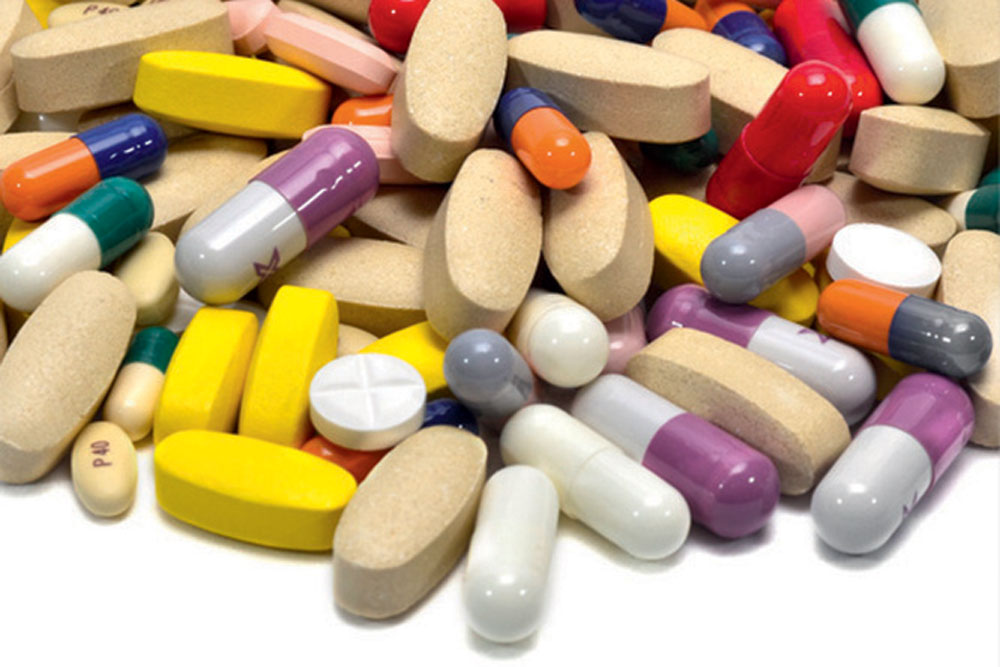Dr Hutch: Should beetroot juice be banned?
With a belated bucket of water in hand, the latest doping scandal has the Doc all fired up

In a fast-moving world it is the lot of the weekly columnist to always arrive breathlessly at the scene of the latest excitement carrying a bucket of water just in time to find the fire has been put out. But there are some topics that manage to be both topical and everlasting.
It would, for instance, be pointless to put an article about the potential dangers of disc brakes into a time capsule because when it’s dug up in 100 years time everyone will still be having exactly the same debate.
Doping is the same. You will perhaps recall the case of Maria Sharapova and meldonium. It doesn’t matter if you don’t because there’s a new meldonium positive pretty much daily at the moment — and there’ll be one in cycling at any minute.
These positives are happening because the drug has been available for a decade, but was only banned in January this year. So in effect, what the anti-doping authorities are currently testing for is whether people check their email properly or not.
It also illustrates, in one respect at least, how the doping rules are very simple. No grey areas, no blurry lines. “Here’s a list of stuff you’re not allowed to have in your system. If we find any of this, we ban you. Otherwise, go nuts.”
If it’s on the list…
The problem is — what goes on the list? And how can something change from OK to banned? The World Anti-Doping Agency is helpful on this. After only half an hour of searching its website, you’ll find the three criteria it applies.
The latest race content, interviews, features, reviews and expert buying guides, direct to your inbox!
If a substance or method prompts a ‘yes’ to two of the following, it’s banned: 1) Does it potentially enhance performance? 2) Is it potentially dangerous? 3) Is it contrary to the spirit of sport?

This is why we’ll always have doping. We’re never going to finish enumerating all the things that might go on that list, not least because they’ll always keep changing. If you took those criteria back to Victorian Britain, the first thing they’d have banned would have been proper training because in an age of amateurism training would have fulfilled all three.
Riders would all have had to say things like: “I’ve done no training, me. I’m going to take a hiding from all these other guys who haven’t got kids.” And that despite the fact they’d actually been doing three hours a day for the past two months. Just try to imagine it.
>>> Why Maria Sharapova’s meldonium positive raises questions for cycling too
Even in a modern era, we’re never going to agree. Beetroot juice enhances performance and is certainly not good for you in large quantities. I suspect you could probably get a working majority for banning it.
But then again, caffeine fulfils the same criteria, and I don’t imagine there is more than one rider in 100 who would like to see it banned. If there was such a thing as single-estate beetroot juice at £10 a glass, or if you could buy a £500 beet-to-cup machine to tell your friends about, then the contrast might be less stark. But there isn’t, so they’re not.
Watch: Dr Hutch's guide to coaches
Neither beetroot nor coffee is banned because there is a social construct to all doping. It’s why there are continual complaints about athletes using products that are legal, but just don’t sound quite right.
The painkiller tramadol is reportedly popular in the pro peloton and is almost universally frowned upon, yet remains unbanned. As far as most people are concerned tramadol is not doping, but only on the technicality that it’s not on the list.
But the list is all we have. Until the day we democratise anti-doping by putting the contents of everyone’s urine sample online and giving us all a retrospective vote on whether we like the look of it or not, the list is what counts. And at least it’s clear, it’s certain, and what’s more it encourages people to read their email.
Michael Hutchinson is a writer, journalist and former professional cyclist. As a rider he won multiple national titles in both Britain and Ireland and competed at the World Championships and the Commonwealth Games. He was a three-time Brompton folding-bike World Champion, and once hit 73 mph riding down a hill in Wales. His Dr Hutch columns appears in every issue of Cycling Weekly magazine